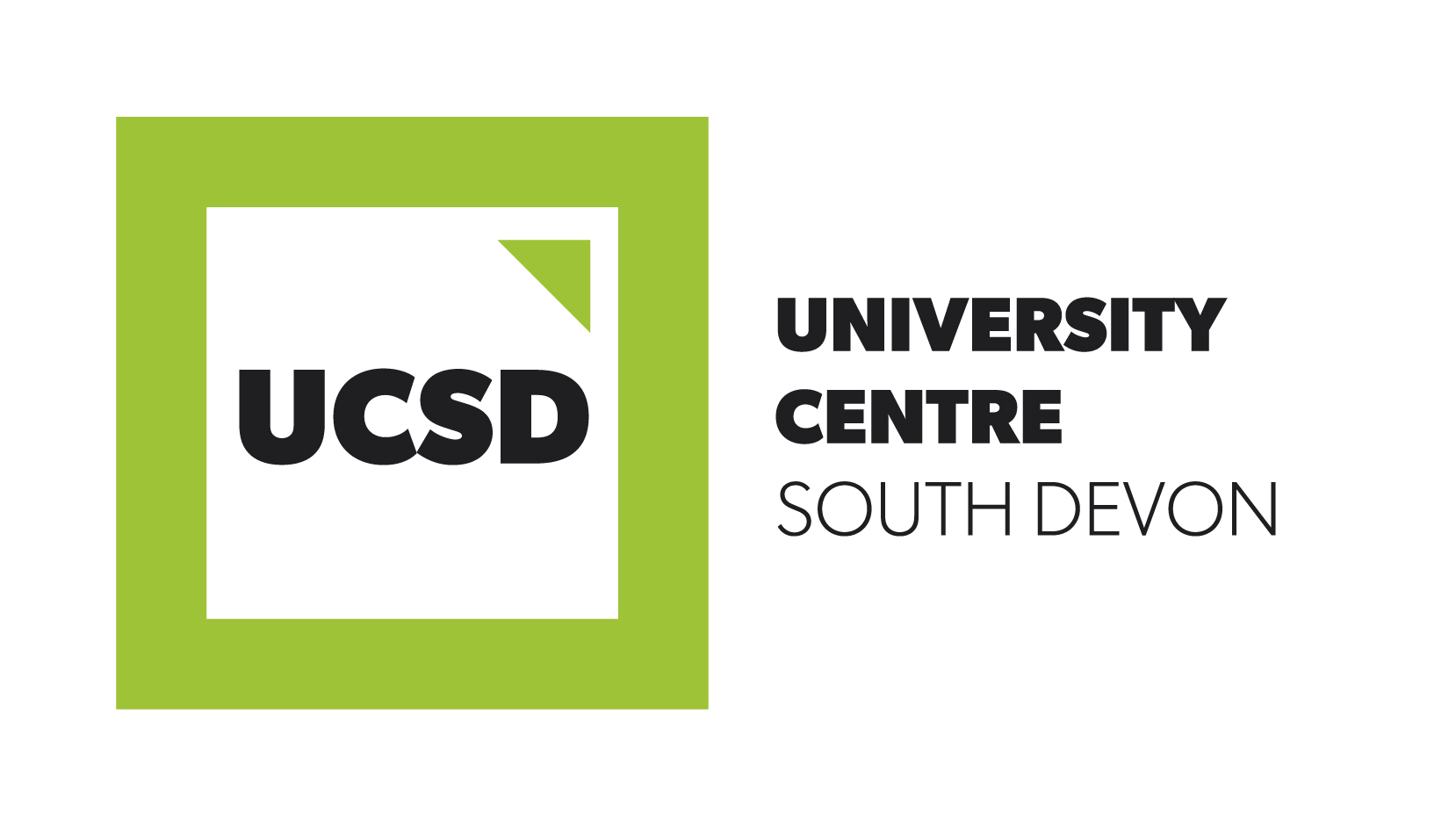
Over the past four years University Centre South Devon (UCSD) have developed a fellowship programme which seeks to build confidence in their academic staff as higher education (HE) teachers in a further education (FE) setting. AdvanceHE took a lot of interest in this and spoke to Alastair Wilson and Andrea Gaion to find out the impact the programme has had at the centre.
“You won’t find it difficult to get me to talk about fellowship.” Head of Higher Education and Academic Registrar Higher Education, Alastair, says he started looking at fellowship several years ago when working with the University of Plymouth.
“At that time fellowship seemed to be gaining more traction at universities rather than colleges. I think there was a perception that it was something for university academics and not teachers in further education settings. Trying to develop interest in fellowships at the college was difficult in the early years, but has since snowballed.”
In 2016 the college had only one recognised Fellow, since then there have been dozens of successful applicants who have gone through the college’s programme and as of today they have 38 Fellows, across all categories, teaching at the centre.
“We framed the Fellowship as recognition of staff’s identity in higher education and identifying them with their profession.
“Even after establishing this the uptake was small at the beginning, and demonstrating the value to staff was key. We started doing internal writing retreats on continuous professional development (CPD) days. The first groups attended these retreats and we made it feel very exclusive in order to give staff protected time to reflect on their application.
“The first group were intended to be trailblazers. Those who achieved Fellowship to begin with were recognised within the college at an awards ceremony and it then started to gain more interest from teaching staff.
“There were issues. The college had a rule that staff’s professional accreditation registration had to be funded individually, but when it was recognised that this was an assessed fee rather than an ongoing annual registration fee the college supported this.”
Andrea runs the writing retreat courses for staff at the college and believes the time set aside for staff to reflect and work together on their application is a vital part of the process and gives staff confidence in their practice by going over their achievements.
“Two years ago we organised the writing retreat and the difference in getting people to work together and collaborate is amazing compared to individual applications. You hear from different people who may have the same issue as you, for example, and can work through it together so it is very informative. Now we’re doing it on an individual basis due to Covid-19 it feels like something is missing.
“The reflection is the real positive for staff, who don’t really get the chance to look back at all the work that they do. They really appreciate the final outcome which is a full summary of their career in HE. The response we get from staff is always excellent and they really appreciate the opportunity to develop themselves.”
Alastair believes that the recognition for staff goes someway to overcome what can be an ‘inferiority complex’ for some staff working in higher education at a further education college.
“The value for staff is to do with their identity in HE. Often there could be a perception of an inferiority complex as a HE teacher in a FE setting. Actually, the unique opportunities staff have in FE has led to staff being recognised as Senior Fellows, and there is an applicant – Head of Healthcare Provision, Clare Langham – currently going for Principal Fellowship.
“We celebrate the recognition annually and this formal internal recognition is really important for staff and a big part of the achievement. Giving people the opportunity to work with others and reflect is really important, particularly for staff who may teach 20-23 hours a week in a HE college.”
Alastair also says that the Fellowship programme at the college, and the increasing numbers of recognised Fellows, has seen their reputation as a HE provider improve massively.
“The value for us as an institution is our growing profile as an HE provider. We now have an increasing core of staff mostly associated to HE and the post-nominals are seen as a really positive thing, almost above their academic qualification. All of our external examiners now have Fellowship and the confidence gained from it was really a big thing for them when applying for external examining roles.
“A number of our staff have moved on to work in HE institutions recently, they have achieved Fellowship and have gone to work at universities. Whilst we would like staff to remain working at the College, we also recognise that some staff seek opportunities for progression in academia, and working in a HE institution is right for them, especially when they are progressing in their career. I think it shows not only that we’re a good provider, but our members of staff are good and their skills are valued by the rest of the sector.”
